As part of the BBB project, funded by Bournemouth University Fusion Investment Fund SMN strand, and Software Systems Research Centre activities, we would like to invite you to our seminar series next week, the week of March 18th 2013, at the School of Design, Engineering and Computing.
BBB project creates a community of interest which involves the computing groups of University of Brasilia, University of Birmingham, and Bournemouth University. The three groups are focused on Software Engineering research and this project involves exchange visits and the establishment of joint work. BBB is working together on a timely research project about adaptive software systems with particular focus on cloud and service computing. We are investigating core engineering foundations which are required to enable software to adapt and respond to the dynamic needs and environments of its users and, also, to respond to their runtime feedback aiming to enhance its service quality. The program consists of the following talks:
Tuesday 19-03-2013
Speaker: Danilo Mendonça, University of Brasilia, Brazil
Title: Compositional Approach for Parametric Model Checking in Software Product Lines
Room and time: P403 (Poole House, Talbot Campus) Start: 15:00 Finish: 15:40
Speaker: Funmilade Faniyi, University of Birmingham, UK
Title: A Self-Adaptive Architecture Approach to Service Level Agreement Compliance in Cloud-based systems
Room and Time: P403 (Poole House, Talbot Campus) Start: 15:40 Finish: 16:20
Speaker: Raian Ali, Bournemouth University, UK
Title: Socially-Adaptive Software: The SOCIAD project Approach*
Room and time : P403 (Poole House, Talbot Campus) Start: 16:20 Finish: 17:00
Thursday 21-03-2013
Speaker: Felipe Pontes, University of Brasilia, Brazil
Title: Enacting distributed and reliable service choreography using context-aware agents
Room and time: P411 (Poole House, Talbot Campus). Start: 15:00 Finish: 15:40
Speaker: Lai Xu, Bournemouth University, UK
Title: Business process management as service & lightweight business process modelling.
Room and time: P411 (Poole House, Talbot Campus). Start: 15:40 Finish: 16:20
Speaker: Huseyin Dogan, Bournemouth University, UK
Title: Systems of Systems (SoS) to Capability Management.
Room and time: P411 (Poole House, Talbot Campus). Start: 16:20 Finish: 17:00
Friday 22-03-2013
Speaker: Malik Almaliki, Bournemouth University, UK
Title: Developing a Software Engineering Framework for Adaptive Acquisition of Users’ Feedback
Room and time: P409 (Poole House, Talbot Campus). Start: 15:00 Finish: 15:20
Speaker: Rami Bahsoon, University of Birmingham, UK
Title: Self-Adaptive Cloud Software Engineering @ Birmingham
Room and time: P409 (Poole House, Talbot Campus). Start: 15:20 Finish: 16:10
Speaker: Genaina Rodrigues, University of Brasilia, Brazil
Title: Variability Management of Reliability Models in Software Product Lines
Room and time: P409 (Poole House, Talbot Campus). Start: 16:10 Finish: 17:00
We hope you will join us.
* SOCIAD (Social Adaptation: when Software Gives Users a Voice) project is funded by EC Marie Curie CIG grant
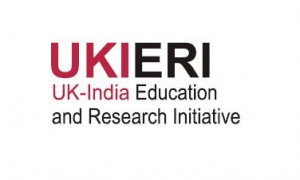


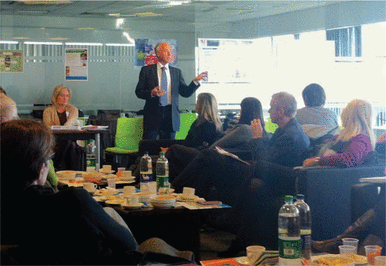

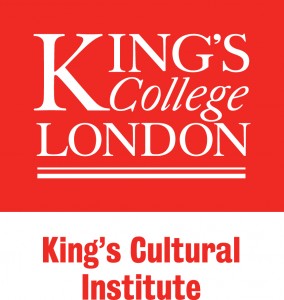
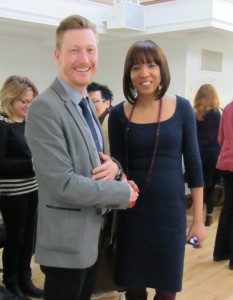


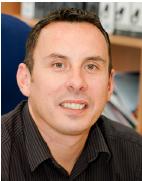
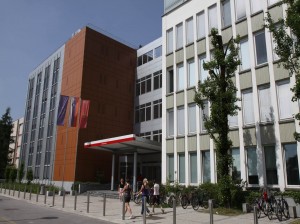














 Conversation article: Why so many people drown at the water’s edge
Conversation article: Why so many people drown at the water’s edge Workshop on longitudinal studies in three countries
Workshop on longitudinal studies in three countries New Bournemouth University public health paper
New Bournemouth University public health paper New ACORN-funded paper published. When time is short but passion for food is strong, food day-tripping may be the answer!
New ACORN-funded paper published. When time is short but passion for food is strong, food day-tripping may be the answer! Royal Society of Chemistry Outreach Fund: Open for Applications
Royal Society of Chemistry Outreach Fund: Open for Applications Last reminder – MSCA Postdoctoral Fellowships 2024 internal deadline next week
Last reminder – MSCA Postdoctoral Fellowships 2024 internal deadline next week Horizon Europe – EuroHPC and MSCA PF webinars
Horizon Europe – EuroHPC and MSCA PF webinars